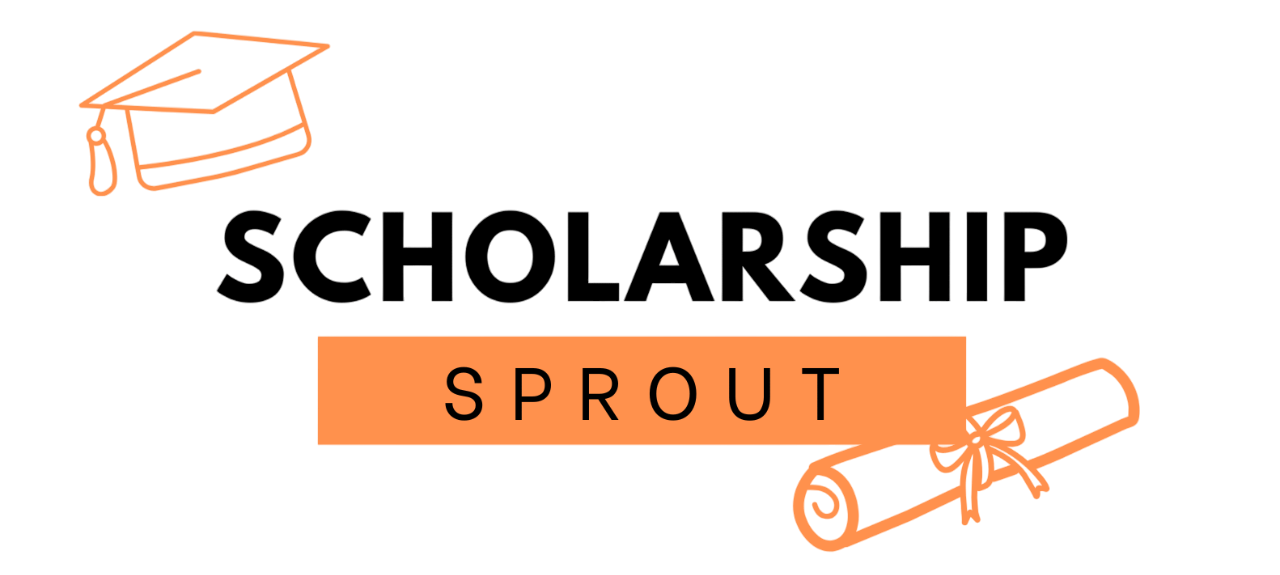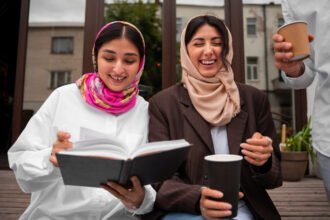Studying in South Korea has become one of the most sought-after academic experiences for international students, and the Global Korea Scholarship 2025 is the gateway to making that dream a reality.
Also known as the Korean Government Scholarship, GKS is a fully funded program offered to outstanding students from around the world who wish to pursue undergraduate, master’s, or doctoral degrees at top Korean universities. Funded by the National Institute for International Education (NIIED) under the Korean Ministry of Education, this scholarship covers not only tuition but also generous living allowances, airfare, language training, and medical coverage.
Beyond academics, the GKS aims to strengthen global friendships, promote cultural exchange, and equip scholars with the skills to thrive in the global job market.
In this guide, you’ll find complete details about the scholarship’s benefits, eligibility requirements, application process, required documents, deadlines, and answers to common questions.
Related Post: Albukhary International University Scholarship 2025—Apply Now
Global Korea Scholarship 2025 Summary
- Level of Study: Undergraduate, Master’s, PhD
- Host Institutions: Korean Universities
- Study Location: South Korea
- Eligible Countries: All nationalities (except Korean citizens)
- Courses Offered: All academic fields available
- Scholarship Type: Fully Funded
- Application Tracks: Embassy Track or University Track
Application Deadlines & Timeline
| Stage | Embassy Track Deadline | University Track Deadline |
|---|---|---|
| Recruitment & Submission | September (previous year) | February |
| 1st Round Selection | October–November (previous year) | March |
| 2nd Round Selection (NIIED) | November (previous year) | April |
| 3rd Round Selection (University) | December (Embassy Track only) | May |
| Final Announcement (NIIED) | January | June |
| Student Entry to Korea | February | Late August |
Global Korea Scholarship 2025 Coverage
The Global Korea Scholarship provides recipients with a comprehensive funding package:
- Airfare: Round-trip economy ticket
- Settlement Allowance: 200,000 KRW (one-time)
- Monthly Stipend:
- Degree Program: 900,000 KRW/month
- Research Program: 1,500,000 KRW/month
- Research Allowance:
- Liberal Arts & Social Sciences: 210,000 KRW/semester
- Natural Science & Engineering: 240,000 KRW/semester
- Korean Language Training Fee: Fully covered for 1 year
- Tuition Fees: Fully covered for the entire degree program
- Dissertation Printing Support: 500,000–800,000 KRW
- Medical Insurance: Fully covered
- Korean Proficiency Grants: 100,000 KRW/month for TOPIK Level 5 or higher
Global Korea Scholarship 2025 Eligibility Criteria
Applicants must meet the following requirements:
General Requirements
- Must be a citizen of a country invited to the GKS program (excluding Korean nationals).
- Must be in good mental and physical health to study in Korea for the duration of the program.
- Must have a GPA of 80% or higher or rank in the top 20% of their class.
Age Limits
- Undergraduate Applicants: Under 25 years old (as of March 1 of the selection year).
- Graduate Applicants: Under 40 years old (as of September 1 of the selection year).
- Professors from ODA recipient countries: Under 45 years old (as of September 1 of the selection year).
Academic Requirements
- Undergraduate: Completion (or expected completion) of elementary, middle, and high school education before March 1 of the selection year.
- Graduate: Must hold (or expect to hold) a bachelor’s degree (for master’s programs) or a master’s degree (for doctoral programs) by the required date.
- Applicants currently enrolled in or graduated from Korean universities are not eligible.
Required Documents for Global Korea Scholarship 2025
Applicants must prepare:
- Recommendation Letters
- Official Academic Transcripts (attested)
- Statement of Purpose (SOP)
- Certificates of Awards (if any)
- Proof of Publications or Books (if any)
- Language Proficiency Certificate (Korean or English, if available)
- Medical Assessment Form
- Passport Copy
Application Process for Global Korea Scholarship 2025
Applicants can apply through two main tracks:
1. Embassy Track
- Submit original or certified documents to the Korean Embassy in your country.
- Can apply to up to three universities.
- The embassy forwards shortlisted candidates to NIIED and then to universities.
2. University Track
- Submit all required documents directly to a participating Korean university.
- Can apply to only one university.
- The university recommends candidates directly to NIIED.
⚠ Passing the second round in the Embassy Track is not final—applicants must still be accepted by a Korean university.
Why Choose to Study in South Korea?
South Korean universities are globally recognized for their cutting-edge research, modern facilities, and world-class faculty. Many of the top universities are located in Seoul, providing students with rich cultural experiences, internship opportunities, and global networking. Graduates often find career opportunities both within South Korea and internationally.
Frequently Asked Questions (FAQs)
1. Is IELTS or TOEFL required for GKS?
Not always. While Korean language proficiency is important, some programs accept English proficiency proof or may not require a language certificate at the application stage.
2. Can I apply for more than one degree level?
No. You can only apply for one specific degree level in a given application cycle.
3. What is the difference between Embassy Track and University Track?
- Embassy Track: Apply through your country’s Korean Embassy and choose up to three universities.
- University Track: Apply directly to one Korean university.
4. How competitive is the GKS?
Highly competitive—thousands apply each year, so strong academic records, leadership skills, and a compelling study plan are essential.
5. Can I work while studying in Korea?
Yes, international students may work part-time under certain visa conditions and with university approval.
Final Thoughts
The Global Korea Scholarship 2025–2026 is one of the most prestigious and generous scholarships in the world, offering more than just financial support—it’s a gateway to academic excellence, cultural immersion, and global networking.
If South Korea is your dream study destination, start preparing your documents early, tailor your personal statement, and carefully follow the application guidelines. Whether you choose the Embassy Track or the University Track, thorough preparation can make the difference between success and disappointment.
Also Read





